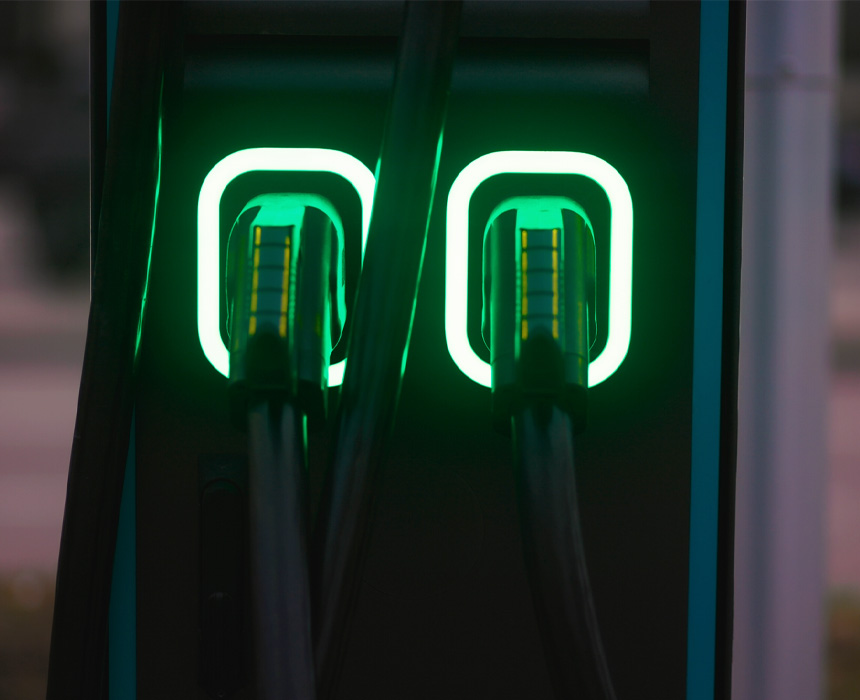Solid-State Batteries and the Future of EVs
The rapid adoption of electric vehicles (EVs) worldwide is pushing innovation in battery technologies. Current lithium-ion batteries face limitations such as long charging times, safety risks, high costs, and limited energy density. Solid-state batteries (SSBs), which replace liquid electrolytes with solid ones, are emerging as the most promising solution for next-generation mobility.
Key Advantages of Solid-State Batteries
-
Higher Energy Density: Enables longer range in smaller battery packs.
-
Improved Safety: Much lower risk of fire or explosion.
-
Faster Charging: Potential to reduce charging time from hours to minutes.
-
Longer Lifespan: Higher tolerance to charging cycles.
R&D and Commercialization
Companies like Toyota, Samsung, and QuantumScape are heavily investing in solid-state research. Large-scale commercialization is expected between 2027 and 2030, making EVs more competitive against internal combustion vehicles.
Challenges Ahead
Despite their potential, challenges remain:
-
High production costs,
-
Limited scalability,
-
Complex manufacturing processes,
-
Supply chain uncertainties.
Broader Impact
SSBs will not only benefit EVs but also transform:
-
Grid storage systems,
-
Renewable energy integration,
-
Consumer electronics.
Conclusion
Solid-state batteries represent a major leap in energy storage. Their adoption will drive safer, faster, and longer-lasting EVs while reshaping global energy ecosystems.




